Commentary: We can’t opt out of diversity in our schools and communities
By David S. Fishback, Metro DC PFLAG co-chair for Maryland advocacy; Jill Ortman-Fouse, a former member of the Montgomery County Board of Education; Rev. Rachel Cornwell, United Methodist clergy; Michael Solomon, a former MCPS student leader and co-founder of MoCo 4 Change; and Laura Stewart, a PTA leader.
The writers are members of the Coalition for Inclusive Schools and Communities.
Montgomery County is one of the most diverse areas in the country. Recognizing this fact, the Montgomery County Public Schools (MCPS) has been working to create an educational environment that includes and embraces previously marginalized groups by reflecting their diversity in its curriculum, staffing, and culture. Students do best when they feel connected to their schools and know they belong.
MCPS policy includes the use of age-appropriate storybooks that include LGBTQ+ people and their families. Faced with objections from some parents who wish to opt their children out of exposure to these materials, MCPS recently reiterated and affirmed its systemwide policy. This has led to a campaign by some to reverse that policy through litigation and pressure.
Litigation and pressure
The Becket Fund for Religious Liberty filed a lawsuit on behalf of three parents seeking to require MCPS to allow them, for religious reasons, to opt-out of classes that use LGBTQ+ inclusive storybooks.
The Becket Fund not only falsely claims that the storybooks are part of a sexuality education curriculum, but makes unfounded assertions about the validity of the concerns that have led MCPS to be inclusive of LGBTQ+ people. Specifically, Paragraphs 142-148 of the complaint press arguments diametrically opposed to the wisdom of mainstream medical associations like the American Academy of Pediatrics and American Medical Association. The complaint instead relies on the American College of Pediatricians, a fringe ideological entity deemed a “hate group,” which asserts that being gay or lesbian or transgender is a mental illness and that LGBTQ+ people can be “cured” by so-called conversion therapies — therapies which are banned in Maryland for minors.
In addition, it is significant that a proponent of the recent demonstrations is Moms for Liberty, which has become a nationwide force seeking to eliminate discussion of the legacy of American slavery and racism, ban pandemic-related public health precautions in our schools, and eliminate portrayal of LGBTQ+ people and their families. In a recent podcast, for example, the chair of the Montgomery County Chapter of Moms for Liberty described supporters of any inclusion of LGBTQ+ people as “the Alphabet Mafia.”
What actually is involved in the dispute?
MCPS acted legally in not permitting an opt-out option for storybooks. While an opt-out option is mandated by Maryland law for instruction on human sexuality (the only part of the curriculum as to which parents have a right to an opt-out), the storybooks at issue do not involve sex. As one MCPS parent explained in testimony before the Board of Education, “The book ‘Prince and Knight’ is no more about gay sex than ‘Cinderella’ and ‘Snow White’ are about heterosexual sex.”
It is important that all students see themselves and their families in the stories they read and the work they do. Seeing themselves, feeling a sense of belonging, reduces self harm, substance use, and death by suicide.
MCPS’s determination to include reading materials that embrace a wide range of people of diverse backgrounds and identities, including LGBTQ+ characters, is a good thing. No one should feel that they don’t belong in our classrooms. The storybooks at issue do not teach students to become LGBTQ+. They do convey inclusion and kindness, part of MCPS’s core mission.
The MCPS Board of Education’s inclusion policies impelled its determination that there should not be an opt-out from lessons using inclusive books in the language arts curriculum. Texts with LGBTQ+ characters are fundamental to MCPS’s mission of inclusive and welcoming learning, as is the reflection of all student and family identities in texts. If opt-outs were allowed in this circumstance, then LGBTQ+ people and their families would be stigmatized and discriminated against — precisely what wise Board-approved policies are intended to combat.
Consider the ramifications of allowing opt-outs any time a parent objected to their students’ exposure, for example, to the teaching of evolution in biology classes. Or teaching the accurate history of slavery. Or the contributions of recent immigrants to our country.
So where do we go from here?
Parents are always able to have discussions with their children about their own theological beliefs. We hope that the parents who wish to have an opt-out will stay in our public schools — their abandonment would undercut everyone’s ability to understand each other. But we cannot sacrifice the well-being of our student body as a whole by conveying a message that it is ok to marginalize some groups of people.
If parents have particular issues with specific storybooks because they do not believe they are age-appropriate, then they should have an avenue to express their concerns, and give MCPS the opportunity to address those concerns.
